Digital
Arani Halder 2 Untranslate
-
Tauira / Student
Arani Halder -
Kaitautoko / Contributors
Esra Gumrukculer, Carolyn Olaguivel, Namra Khalid, Paloma Corrigan, Anamika Ananth, Aruja Kothari, Deveshi Jhunjhunwala, Jiahui Yu, Sinong Li, Sichao Liu, Anjana Halder, Iris Favand, Deepak Warrier -
Kaiako / Lecturer
Andrew LeClair
-
School
Parsons School of Design
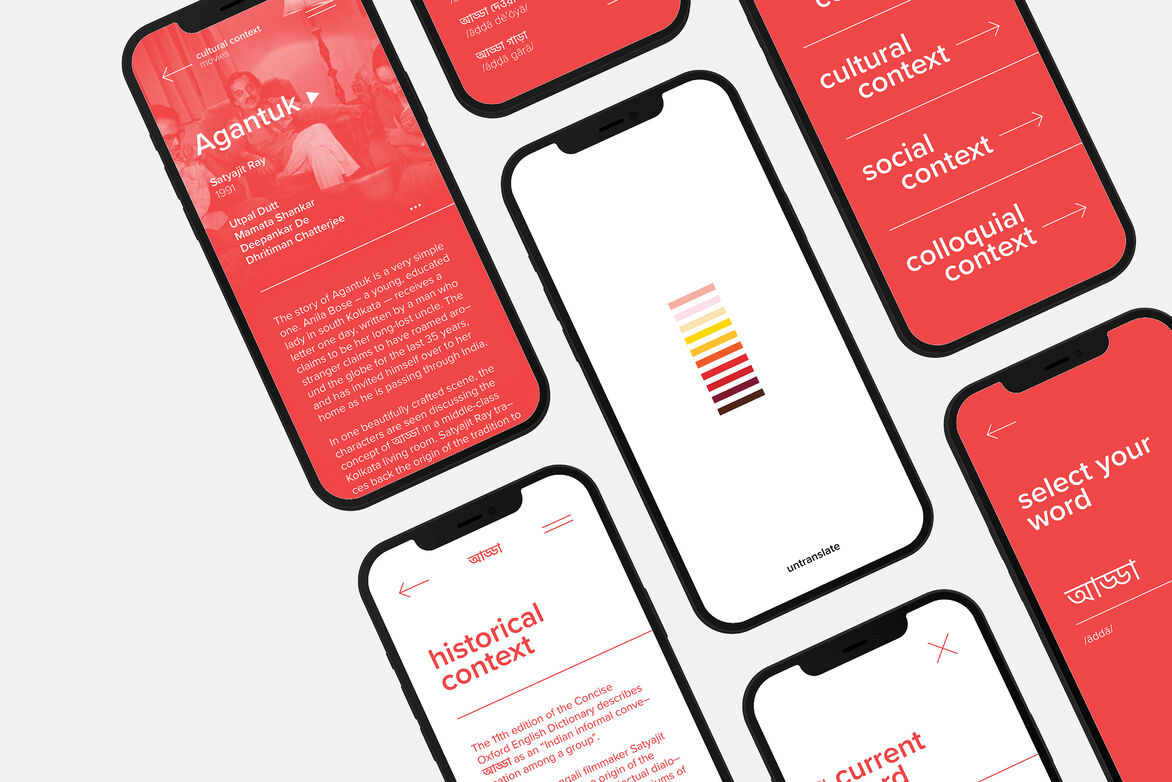
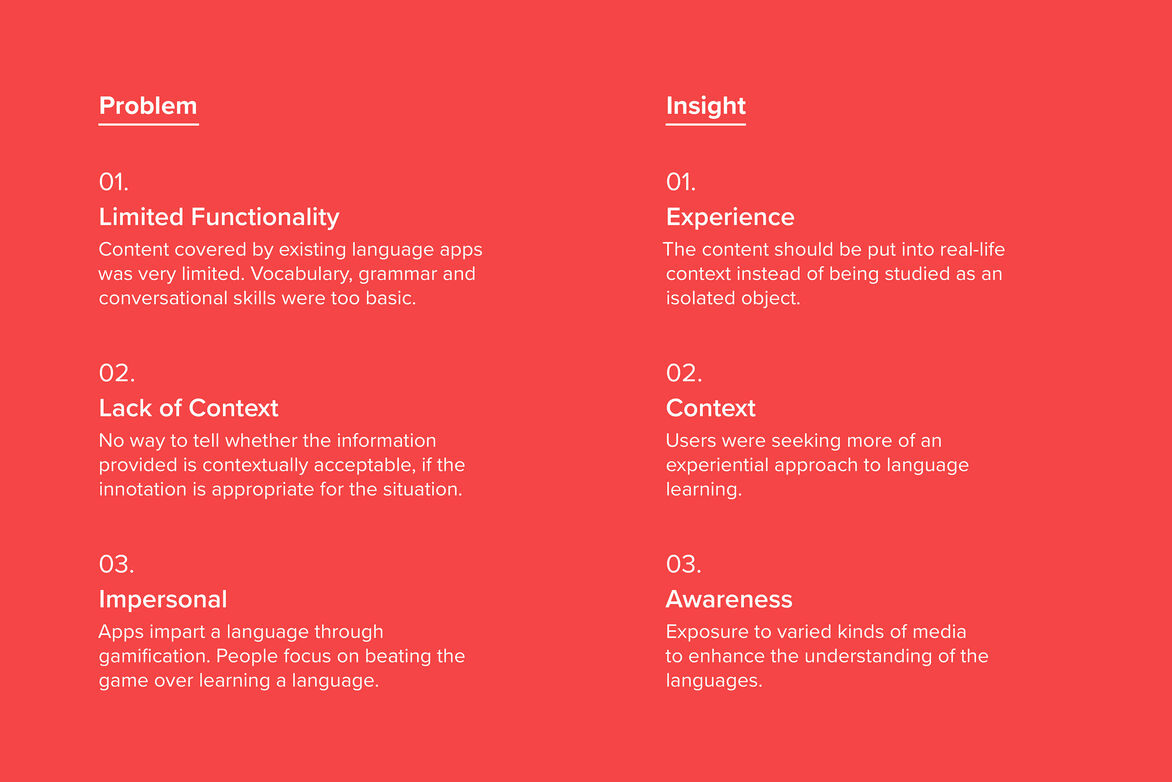

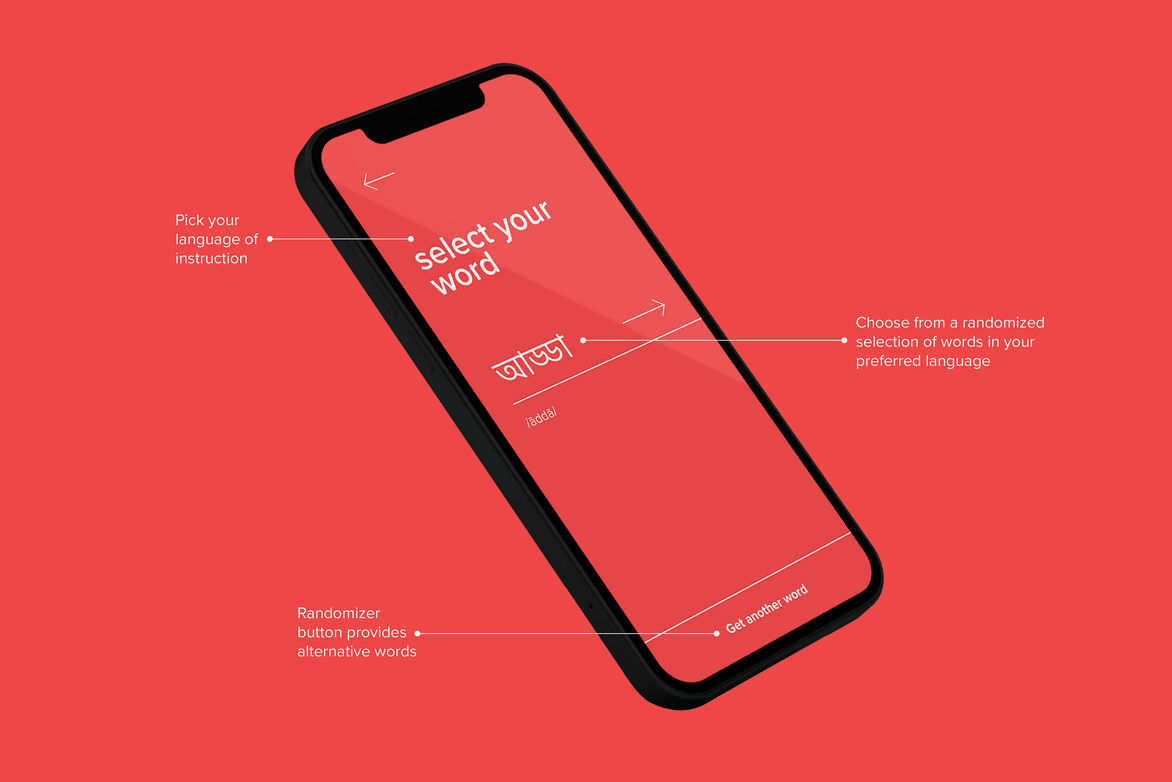
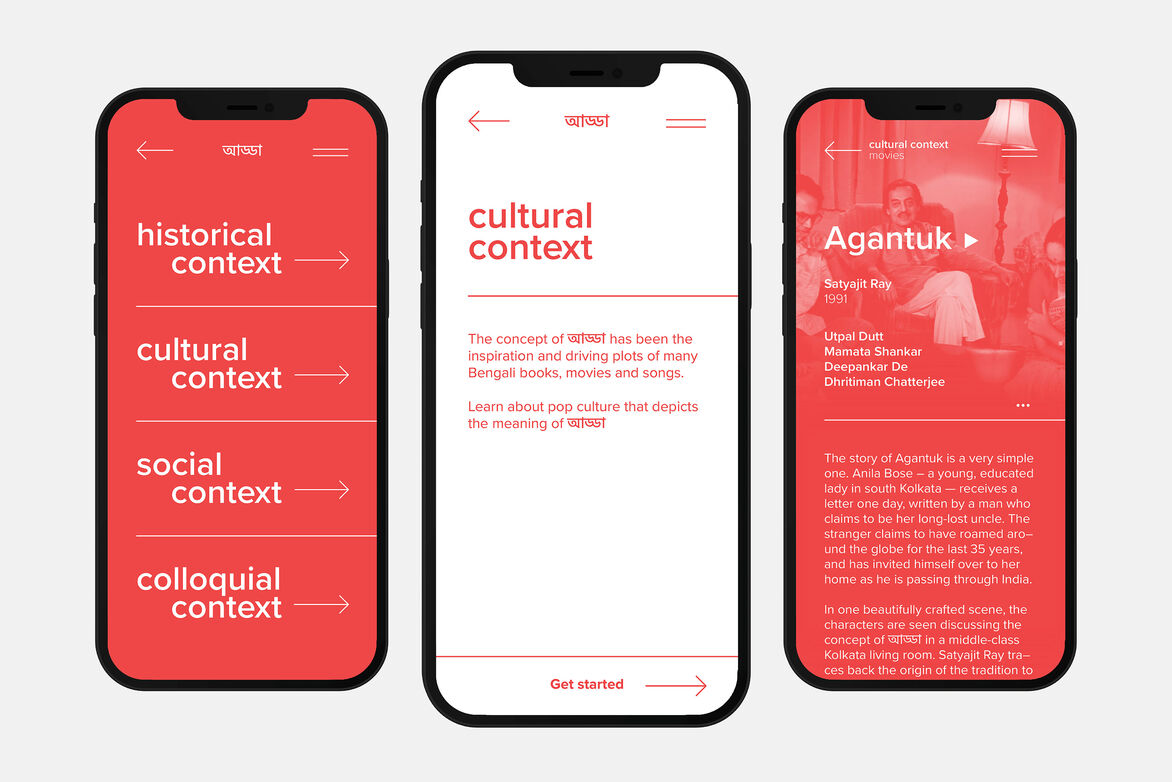
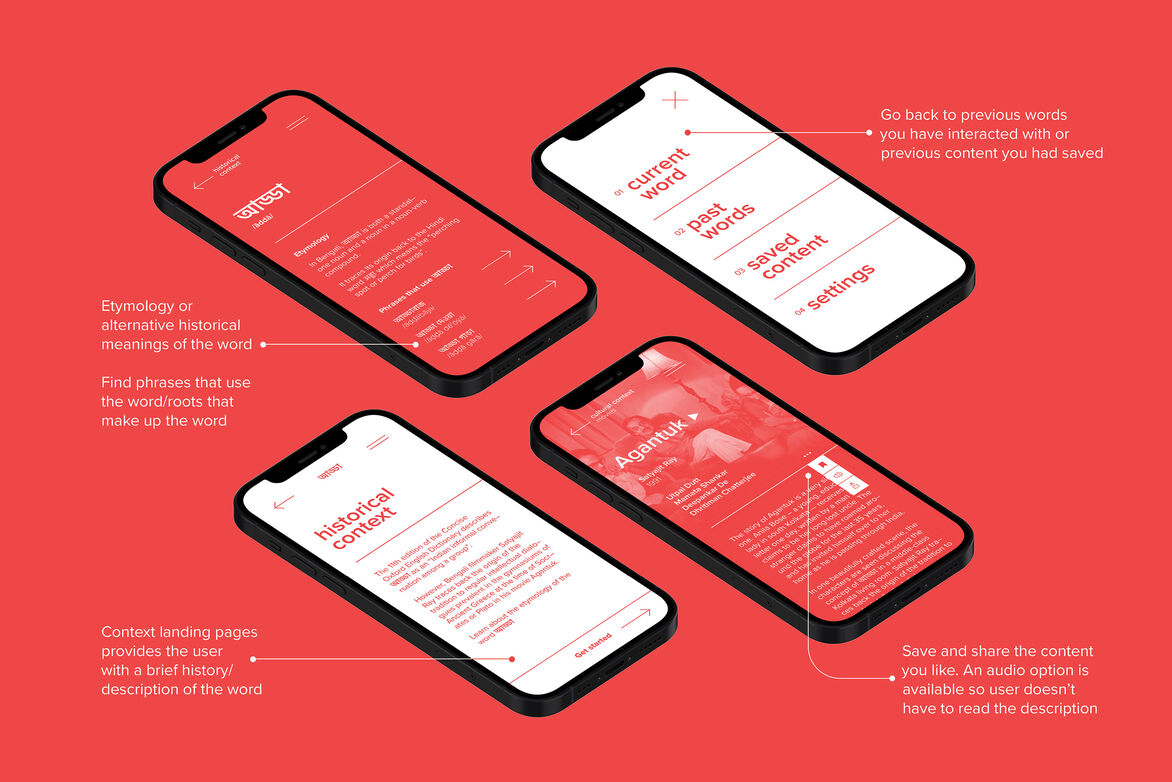
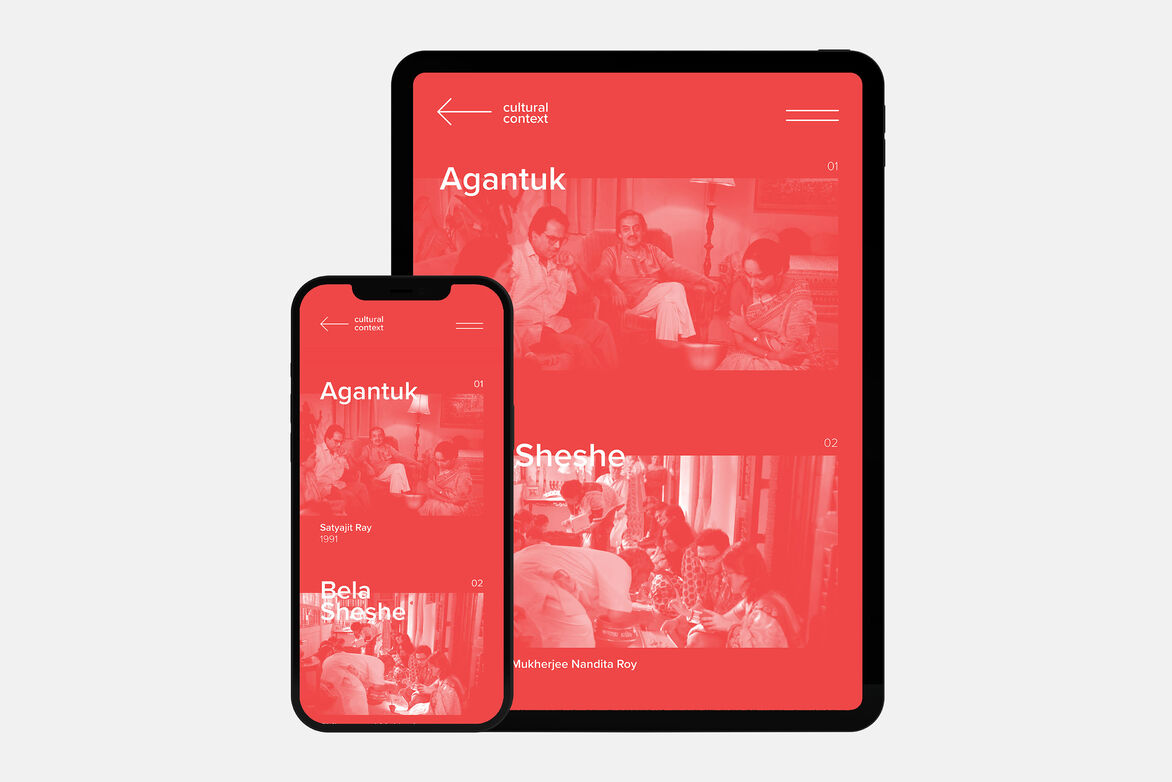
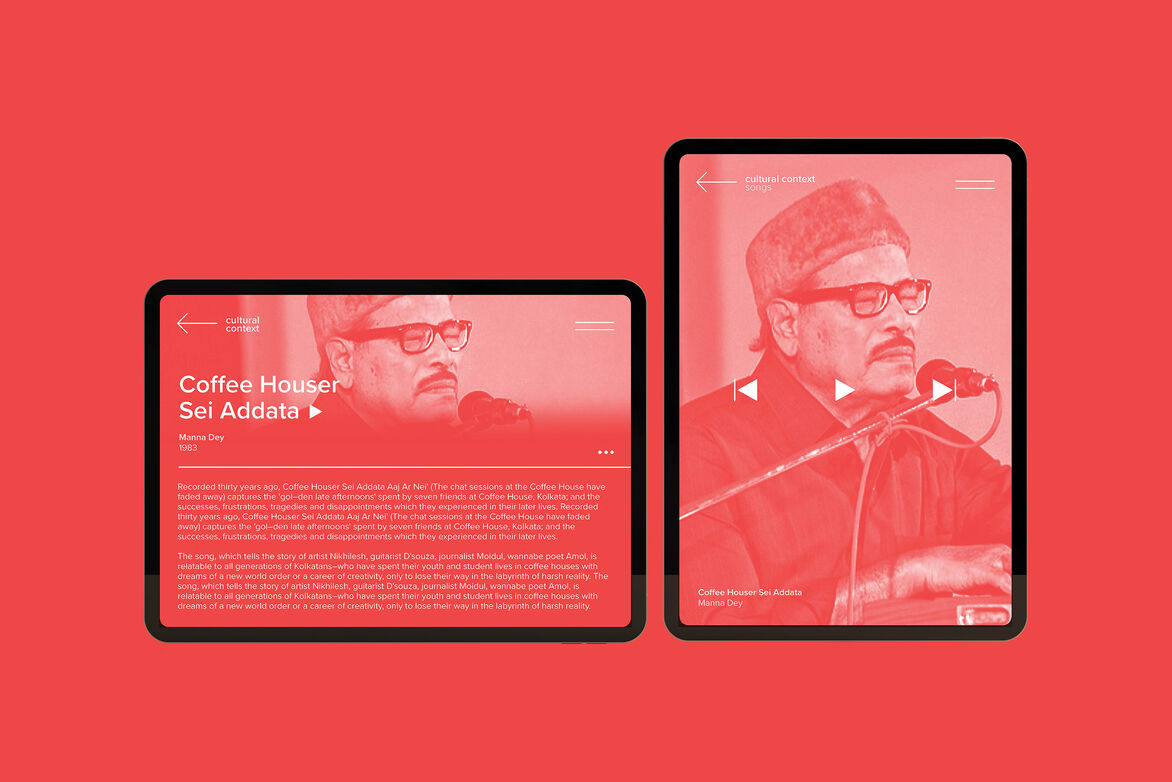
Description:
Language is not just a tool, but a reflection of its surrounding culture, people, media, and socio-politics. Therefore, the true essence of a language can never truly be translated into another. Certain words, phrases, and expressions can only be fully understood by interacting with the culture and the people it has emerged and grown from. The large number of people who grow up outside their state or country often lose the privilege of being immersed in their native languages and cultures.
My project, Untranslate explores the barrier between languages through the subjective experiences of people. It is an application that teaches you the nuances of a language through context-based learning. Deviating from the traditional academic sources, it introduces you very specific cultural references and content that can only be learnt by living in the corresponding place or through conversations with native speakers. Thus, through Untranslate, one not only understands a piece of language but is able to engage and contextualize it within its nuanced surroundings.
Untranslate includes a wide range of languages, functioning both as the language to be learnt and as the language of instruction. It provides the user with a single word or phrase that they can learn about in depth. It then presents the user with a random word from a curated list of contextually-rich words. Upon selecting a word that interests you, the app presents you with four different contexts relating to the word– historical, cultural, social and colloquial.
For the historical context, Untranslate presents the user with the etymology of the word, explaining how and from where it originated and how its meaning has changed over the years. For cultural context, the user is presented with a list of curated culturally relevant content such as book, movies and songs. The content can be bookmarked for future reference or shared on social media. The socio-political context page gives the user access to news articles and clips that are descriptive of the word. And finally, through the colloquial context section, Untranslate educates the user on how to use the word in a conversational setting.
Untranslate creates a platform where one can grapple with intricate cultures through language and vice-versa. It celebrates the unique identities of communities and roots itself in the idea that pluralism — both linguistically and culturally — creates a sense of harmony.